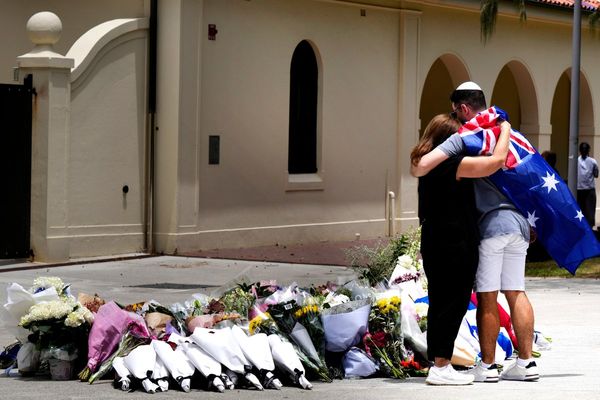
After I’d finally convinced myself that the judge’s measured reasoning didn’t have a sting for us in its tail, I turned around in my seat, looked to the back of the courtroom and mouthed to my client, “we won.”
That moment is a buzz for any litigation lawyer: when you realise you’ve landed on the right side of the zero-sum court game. For those whose names become legal precedents — in this case, Faruqi v Hanson — such a case is many things, but fun isn’t one of them.
As Justice Angus Stewart of the Federal Court read out his judgment summary — which determined conclusively that One Nation Senator Pauline Hanson had racially vilified my client, Greens Senator Mehreen Faruqi, and contravened section 18C of the Racial Discrimination Act when she told her to “piss off back to Pakistan” — his evident humanity and compassion helped bring home that this case was both the engine of future consequence and the product of past hurt.
The judgment is a line in the sand, as Faruqi described it afterwards. It is the first time an Australian court has fully recognised that unlawful hate speech need not be overt. The coded language of insidious racist othering — such as the phrase “go back to where you came from”, what the judge called “a racist trope with a long history [that] carries with it historical anti-immigrant and nativist beliefs with roots, in Australia, that are traceable to the White Australia policy” — can be as harmful as brutal racist abuse.
Hanson was accused of lying in her evidence, and the judge found her evidence to be “unreliable”. Her long, sordid history of public racism was fully exposed in the evidence (excluding the many grossly racist statements she has made in Parliament, which could not be brought into the trial). Justice Stewart concluded Hanson tends to say hateful things about persons of colour, migrants and Muslims. This helped to confirm the obvious: that Hanson had targeted Faruqi because she is all those things, portraying her as “a second-class citizen and unworthy”.
It was a comprehensive win. Hanson has promised to appeal to verdict, but nevertheless, victims of Australia’s tradition of comfortable white racism can take heart from this outcome; their experiences have been seen and heard.
The same applies, most profoundly, for Faruqi. Her 2021 memoir is titled Too Migrant, Too Muslim, Too Loud, and I remember reading it at the time with a growing sense of exhaustion. As she had explained to me more than once, it’s the constancy of the microaggressions that grinds you down. To be visibly of a minority in this country is exhausting.
When Queen Elizabeth died, Faruqi tweeted her “condolences to those who knew the queen”, along with her explanation of why she felt she could not “mourn the leader of a racist empire built on stolen lives, land and wealth of colonised peoples”.
Hanson’s response — which included the sentence “It’s clear you’re not happy, so pack your bags and piss off back to Pakistan” — was seen by many as fair comment in the face of Faruqi’s provocation. But Hanson’s tweet was received as it was self-evidently intended to be: shut up, immigrant.
It’s pretty simple. The only people in Australia who get routinely told to be quiet and not bite the hand that feeds them are people of colour. The only people who are told to go back to where they came from are people of colour. White immigrants never cop this. Ironically, First Nations peoples do all the time (according to expert evidence tendered in the case, up to 70% of Indigenous peoples report having been told this at some stage in their lives). “You’re not welcome” — that’s how Stan Grant described how the hounding of Adam Goodes was heard by Indigenous peoples across the country. That’s the sting.
Faruqi’s decision to take this fight on was not easily made. It involved high financial risk, and she would be doing the thing Hanson and her friends on the fringe had warned her off: standing up and declaring enough.
Walking the journey of this case with Faruqi was a lesson for me in the power of resilience, grace and courage. Researching the full extent of Hanson’s contribution to Australian public life was traumatising, but understanding what it’s been like to spend all these years sitting in the same chamber as her and just copping it — that’s a lot.
So when Justice Stewart delivered his words and we knew we’d won, I felt a small part of the weight that my client had been carrying on behalf of the members of this society who have lived their time here being made to feel, as Stewart put it, “that their place in Australia is vulnerable”.
Mehreen Faruqi is a brave woman. She has carried her burden out of the shadows where Hanson would have had her remain, and the justice system has, this time, lightened the load.







